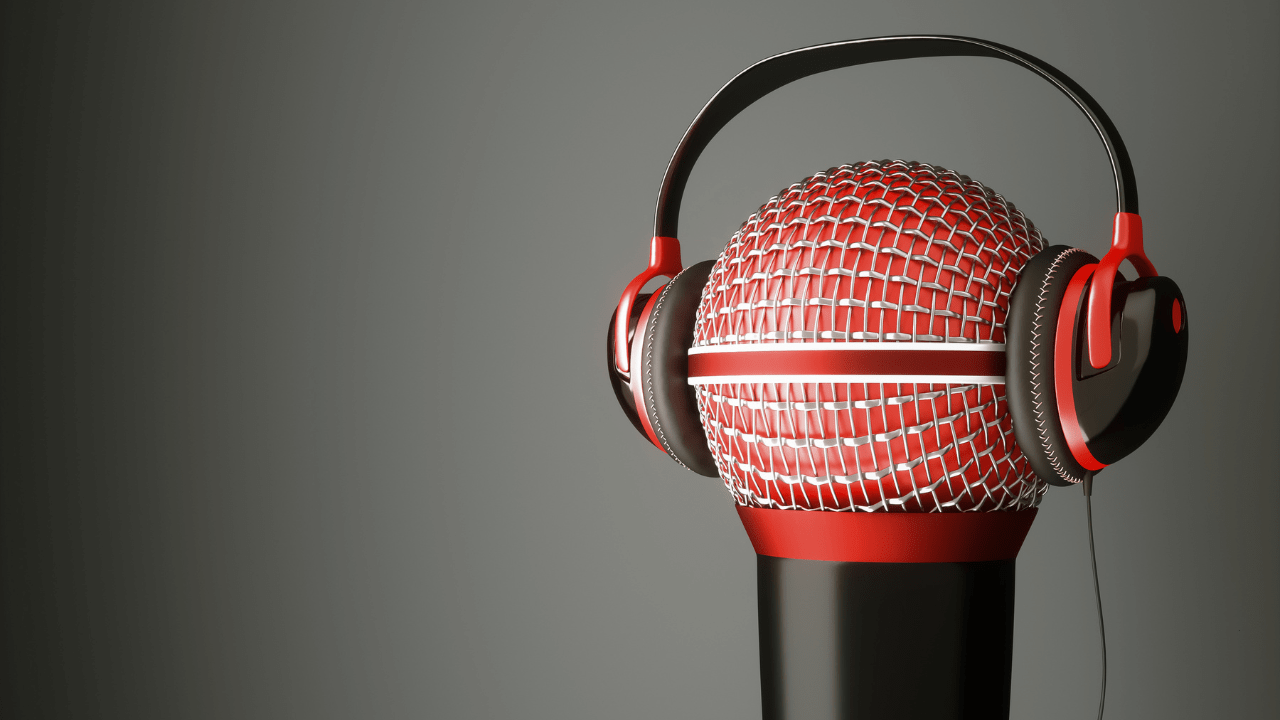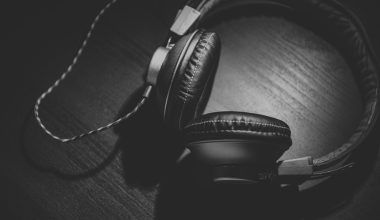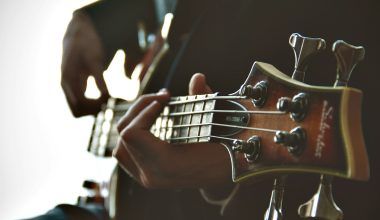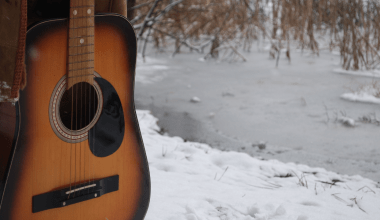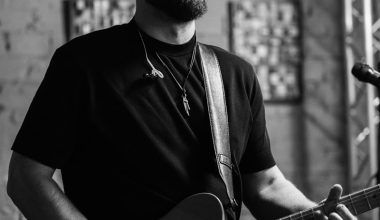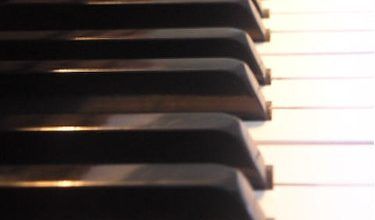A great recording microphone for singing is essential for capturing your voice in all its richness and detail. Whether you’re a professional vocalist or a beginner setting up a home studio, choosing the right microphone can make all the difference in your recordings.
But with so many options available, finding the perfect mic can feel overwhelming. This comprehensive guide will walk you through everything you need to know about recording microphones for singing. From understanding types to choosing the right one for your style, we’ve got you covered.
Why Does the Right Microphone Matter for Singing?
A good recording microphone for singing ensures your voice is captured accurately. Here’s why it’s important:
- Sound Quality: The right mic highlights the nuances and dynamics of your voice.
- Clarity: It reduces background noise and captures clean audio.
- Adaptability: Different microphones suit different genres and vocal styles.
- Durability: A quality mic lasts longer and withstands regular use.
Investing in a good microphone is crucial for achieving professional-quality recordings.
Types of Recording Microphones for Singing
Let’s explore the different types of microphones and their uses:
1. Condenser Microphones
Condenser mics are the most popular choice for studio recording.
- Why Choose It: Excellent sensitivity and detail.
- Best For: Vocals, acoustic instruments, and studio use.
- Examples: Neumann TLM 103, Audio-Technica AT2020.
Condenser mics are perfect for capturing the subtle nuances of a singer’s voice.
2. Dynamic Microphones
Dynamic mics are durable and versatile.
- Why Choose It: Handles high sound pressure levels.
- Best For: Live performances and loud vocals.
- Examples: Shure SM58, Sennheiser e835.
If you perform live or have a powerful voice, a dynamic mic is a great option.
3. Ribbon Microphones
Ribbon mics offer a vintage, warm sound.
- Why Choose It: Natural, smooth audio reproduction.
- Best For: Jazz, classical, or soft vocals.
- Examples: Royer R-121, AEA R84.
Ribbon mics are ideal for singers looking for a retro or classic sound.
Features to Look for in a Recording Microphone for Singing
When choosing a microphone, consider these key features:
1. Polar Pattern
The polar pattern determines how the mic captures sound:
- Cardioid: Picks up sound from the front, reducing background noise.
- Omnidirectional: Captures sound from all directions.
- Bidirectional: Records sound from the front and back.
For most singers, a cardioid pattern is ideal.
2. Frequency Response
Choose a mic that complements your vocal range. For example:
- Warm Tone: Look for a mic with boosted low frequencies.
- Crisp Highs: Pick a mic with enhanced treble response.
3. Sensitivity
Higher sensitivity captures more detail, making it perfect for soft vocals.
4. Durability
If you travel frequently, look for a rugged mic that can handle wear and tear.
5. Connectivity
Decide between:
- USB Mics: Easy to use and plug directly into a computer.
- XLR Mics: Professional quality but require an audio interface.
Top Recording Microphones for Singing in 2024
Here’s a list of the best microphones for vocal recording:
1. Shure SM7B
- Type: Dynamic
- Best For: Podcasting, vocals, and live recordings.
- Why It’s Great: Warm tone and excellent background noise rejection.
2. Audio-Technica AT4050
- Type: Condenser
- Best For: Studio vocals and acoustic instruments.
- Why It’s Great: Versatile with multiple polar patterns.
3. Neumann U87 AI
- Type: Condenser
- Best For: Professional studios and high-quality vocals.
- Why It’s Great: Industry standard for capturing clear, detailed vocals.
4. AKG C414 XLII
- Type: Condenser
- Best For: Pop, rock, and classical vocals.
- Why It’s Great: Adjustable polar patterns and exceptional detail.
5. Rode NT1-A
- Type: Condenser
- Best For: Home studios and budget-conscious singers.
- Why It’s Great: Affordable with low noise levels.
Setting Up a Microphone for Singing
To get the best results, follow these tips when setting up your microphone:
1. Positioning
- Place the mic at the same level as your mouth.
- Maintain a distance of 6-12 inches to avoid distortion.
2. Use a Pop Filter
A pop filter reduces plosive sounds (like “p” and “b”).
3. Room Acoustics
Record in a quiet space with minimal echo. Use foam panels or blankets if needed.
4. Adjust Gain Levels
Set the gain to capture your voice clearly without clipping or distortion.
Microphone Accessories for Better Vocal Recording
Enhance your recording setup with these accessories:
- Shock Mount: Reduces vibrations and unwanted noise.
- Mic Stand: Keeps the mic stable and positioned correctly.
- Audio Interface: Connects XLR microphones to your computer.
- Headphones: Use closed-back headphones to monitor your recordings.
USB vs. XLR Microphones for Singing
Here’s a quick comparison to help you decide:
| Feature | USB Microphones | XLR Microphones |
|---|---|---|
| Ease of Use | Plug-and-play | Requires interface or mixer |
| Sound Quality | Good for beginners | Professional-grade |
| Price | Affordable | Higher cost for pro models |
| Flexibility | Limited | Highly customizable setups |
If you’re starting out, USB mics are convenient. For professional recording, XLR mics are better.
Tips for Choosing the Right Microphone
- Know Your Needs: Decide whether you’ll use the mic for home recording, live performances, or studio work.
- Test Before Buying: Try out microphones to see which one suits your voice.
- Set a Budget: High-quality mics range from $100 to over $3,000. Choose one that fits your budget.
- Consider Compatibility: Ensure the mic works with your existing equipment.
Conclusion:
Finding the right recording microphone for singing is a critical step in your musical journey. The perfect mic captures the unique qualities of your voice and enhances your recordings.
Whether you’re setting up a home studio, recording professionally, or performing live, this guide provides all the information you need to make the right choice. Explore, experiment, and let your voice shine with the perfect microphone.
Related Articles:
For further reading, explore these related articles:
- Types of Microphones: The Ultimate Guide for Musicians & Creators
- Best Microphone for Vocals – Top Picks for Studio and Live Performances
- Best Microphone for Singing at Home: Easy Guide for Beginners
For additional resources on music marketing and distribution, visit Deliver My Tune.
